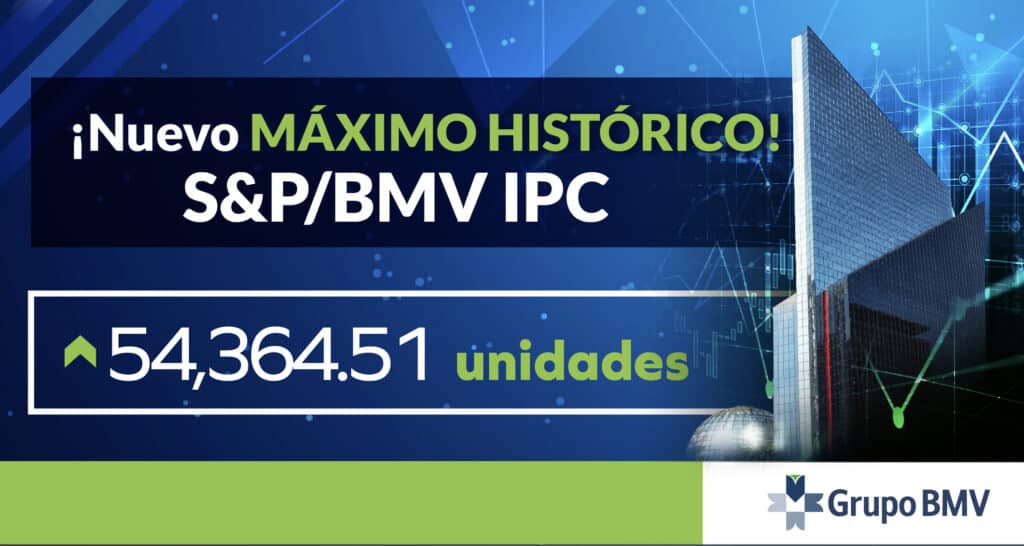Invest in Eli Lilly Stock, Buy Eli Lilly Stock
As an investor, you may be considering adding Eli Lilly stock to your portfolio. Investing in Eli Lilly stock can provide you with exposure to the growth potential of the pharmaceutical industry, as well as the company’s strong brand recognition and innovative product pipeline. Whether you’re a seasoned investor or just starting your investment journey, understanding the factors that influence Eli Lilly’s stock performance can help you make informed decisions about buying or holding the stock.
Is Eli Lilly Stock a Dividend Share
Eli Lilly is known for its consistent dividend payments, making it an attractive investment option for income-seeking investors. The company has a long history of paying dividends to its shareholders, and it has consistently increased its dividend payouts over the years. This steady dividend stream can provide a reliable source of income, complementing your overall investment strategy.
Understanding the Basics of Investing in Stocks
Before delving into the specifics of Eli Lilly stock, it’s important to have a solid understanding of the fundamentals of investing in stocks. This includes understanding concepts such as stock prices, market capitalization, price-to-earnings (P/E) ratio, and dividend yield. By familiarizing yourself with these basic principles, you’ll be better equipped to evaluate the potential of Eli Lilly stock and make informed investment decisions.
Overview of Eli Lilly Stock – Current Performance and Recent Trends
Eli Lilly’s stock has been a consistent performer in the pharmaceutical sector, showcasing steady growth and resilience over the years. In recent times, the company’s stock has gained significant traction, driven by the success of its innovative drug pipeline and the strong demand for its existing products. By analyzing the current performance and recent trends of Eli Lilly stock, you can gain valuable insights into the company’s trajectory and the potential opportunities it presents for long-term investors.
Toplist of 5 Competitors to Eli Lilly Stock
To fully understand the competitive landscape in which Eli Lilly operates, it’s important to examine the company’s key competitors. Here’s a list of the top 5 competitors to Eli Lilly stock:
- Pfizer Inc. (PFE)
- Merck & Co., Inc. (MRK)
- Johnson & Johnson (JNJ)
- Novartis AG (NVS)
- AstraZeneca PLC (AZN)
By comparing Eli Lilly’s performance and strategies to those of its industry peers, you can better assess the company’s strengths, weaknesses, and overall competitiveness within the pharmaceutical market.
5 featured stocks index in 2025
Analyzing the Factors Affecting Eli Lilly Stock
Numerous factors can influence the performance of Eli Lilly stock, including:
- Pipeline and Product Portfolio: The success and growth potential of Eli Lilly’s drug pipeline and existing product portfolio are crucial drivers of the company’s stock performance.
- Regulatory Approvals: The timely approval and successful commercialization of new drugs by regulatory authorities can have a significant impact on Eli Lilly’s stock price.
- Competitive Landscape: The level of competition in the pharmaceutical industry, including the introduction of generic or biosimilar drugs, can affect Eli Lilly’s market share and profitability.
- Macroeconomic Conditions: Broader economic factors, such as changes in interest rates, inflation, and consumer spending, can also influence the demand for Eli Lilly’s products and, consequently, its stock price.
- Financial Performance: Eli Lilly’s financial results, including revenue, earnings, and cash flow, are closely monitored by investors and can have a direct impact on the company’s stock valuation.
By understanding these key factors, you can better assess the potential risks and opportunities associated with investing in Eli Lilly stock.
A Closer Look at Eli Lilly Stock Split History
Eli Lilly has a history of stock splits, which can be an important consideration for investors. Stock splits are a corporate action where a company divides its existing shares into multiple new shares, typically to increase the stock’s liquidity and make it more accessible to a wider range of investors. Examining Eli Lilly’s stock split history can provide valuable insights into the company’s growth trajectory and investor sentiment.
Evaluating the Future Prospects of Eli Lilly Stock
When considering an investment in Eli Lilly stock, it’s crucial to assess the company’s future prospects. This includes evaluating the strength of its drug pipeline, the potential for new product approvals, the competitive landscape, and the overall growth opportunities within the pharmaceutical industry. By carefully analyzing these factors, you can form a well-informed opinion on the long-term potential of Eli Lilly stock.
Expert Predictions and Forecasts for Eli Lilly Stock
To complement your own analysis, it’s valuable to consider the insights and forecasts provided by industry experts and financial analysts. These professionals closely monitor Eli Lilly’s performance and provide valuable insights into the company’s future outlook, including price targets, earnings projections, and recommendations on whether to buy, hold, or sell the stock. By incorporating these expert perspectives into your decision-making process, you can make more informed investment choices.
Should You Consider Buying Eli Lilly Stock?
After carefully evaluating the various factors that influence Eli Lilly’s stock performance, the decision to invest in the company’s shares ultimately depends on your investment goals, risk tolerance, and overall portfolio diversification strategy. Eli Lilly’s strong track record, innovative pipeline, and consistent dividend payments make it a compelling investment opportunity for long-term growth-oriented investors. However, it’s essential to weigh the potential risks and challenges associated with the investment before making a decision.
Risks and Challenges Associated with Investing in Eli Lilly Stock
While Eli Lilly’s stock presents a promising investment opportunity, it’s important to be aware of the potential risks and challenges associated with this investment. These may include regulatory hurdles, patent expirations, competition from generic or biosimilar drugs, and the inherent volatility of the pharmaceutical industry. Carefully evaluating these risks and developing a risk management strategy can help you make an informed decision about investing in Eli Lilly stock.
Other Investment Opportunities in the Pharmaceutical Industry
Although Eli Lilly is a standout investment option in the pharmaceutical industry, it’s important to consider diversifying your portfolio by exploring other investment opportunities within the sector. This may include investing in other leading pharmaceutical companies, biotechnology firms, or exchange-traded funds (ETFs) that provide exposure to the broader pharmaceutical industry. By diversifying your investments, you can potentially mitigate risk and capture the growth potential of the dynamic healthcare sector.
Is Eli Lilly Stock a Promising Opportunity for Long-Term Growth?
In conclusion, Eli Lilly stock presents a compelling investment opportunity for investors seeking long-term growth potential in the pharmaceutical industry. The company’s strong track record, innovative pipeline, and consistent dividend payments make it an attractive option for growth-oriented investors. However, it’s essential to carefully evaluate the risks and challenges associated with this investment and to consider it within the context of your overall investment strategy.
To learn more about investing in Eli Lilly stock and explore other investment opportunities in the pharmaceutical industry, consider speaking with a financial advisor or exploring reputable online resources. By conducting thorough research and making informed decisions, you can position your portfolio for long-term growth and success.






































